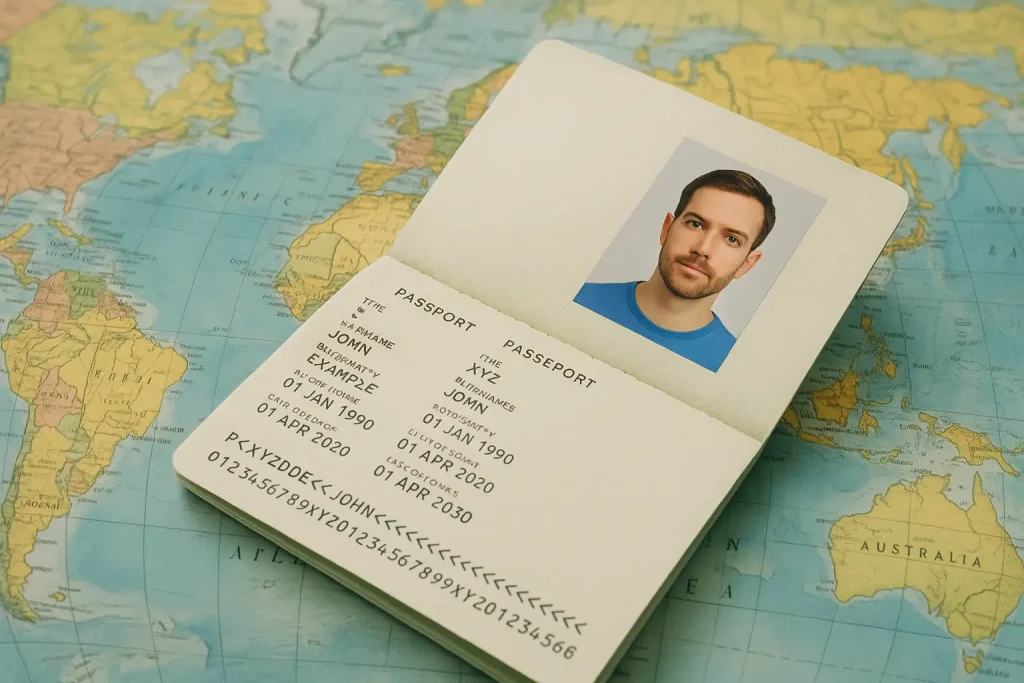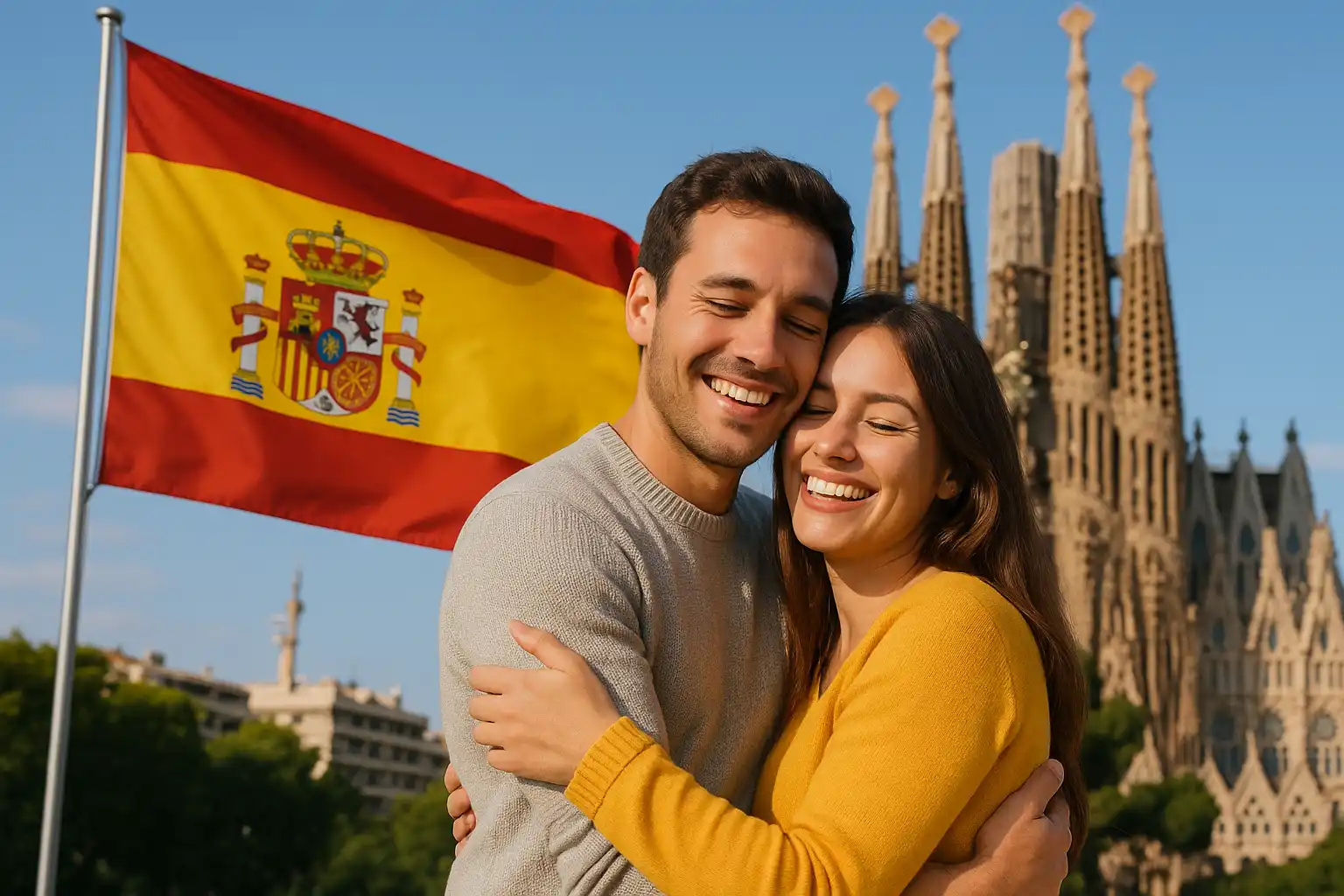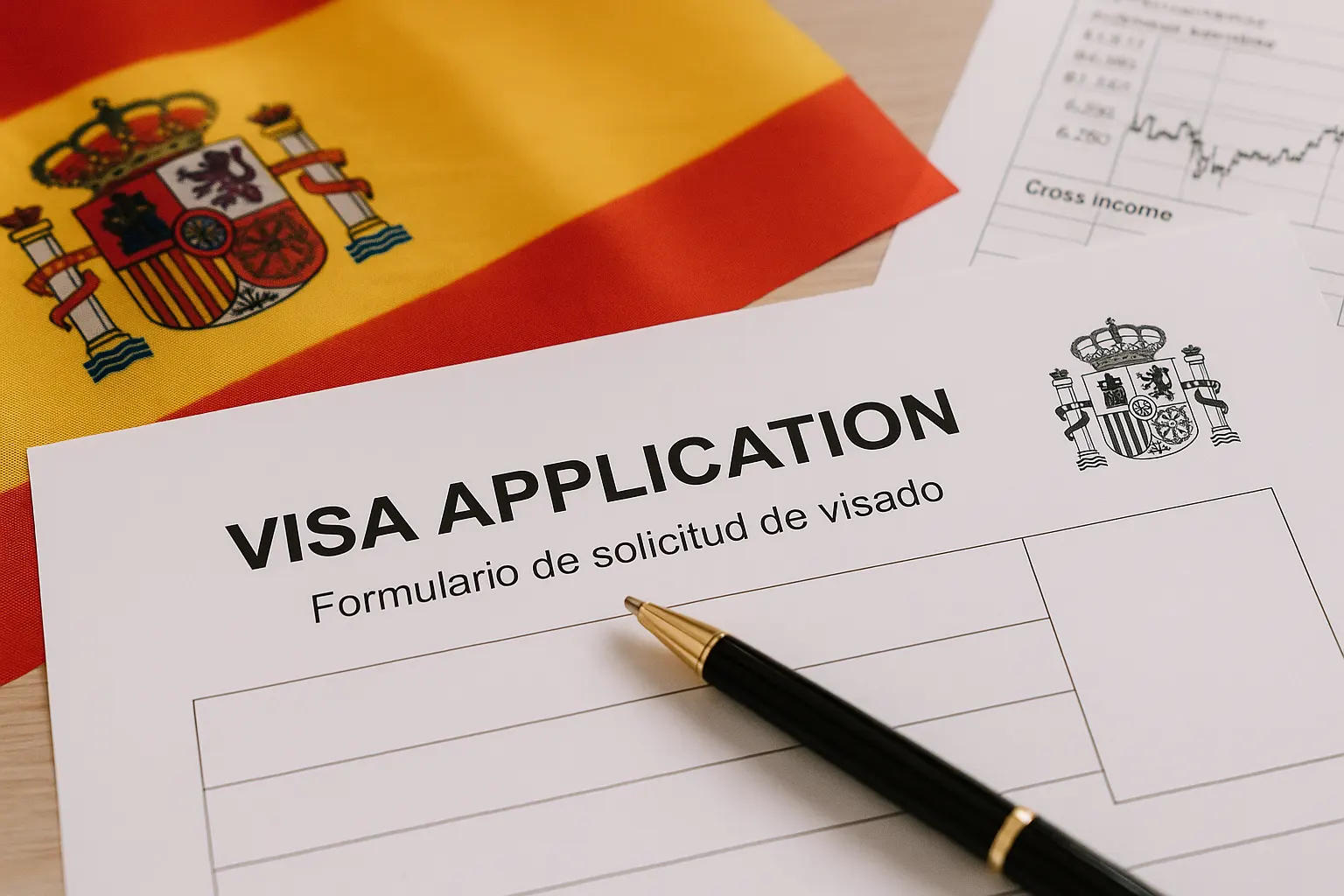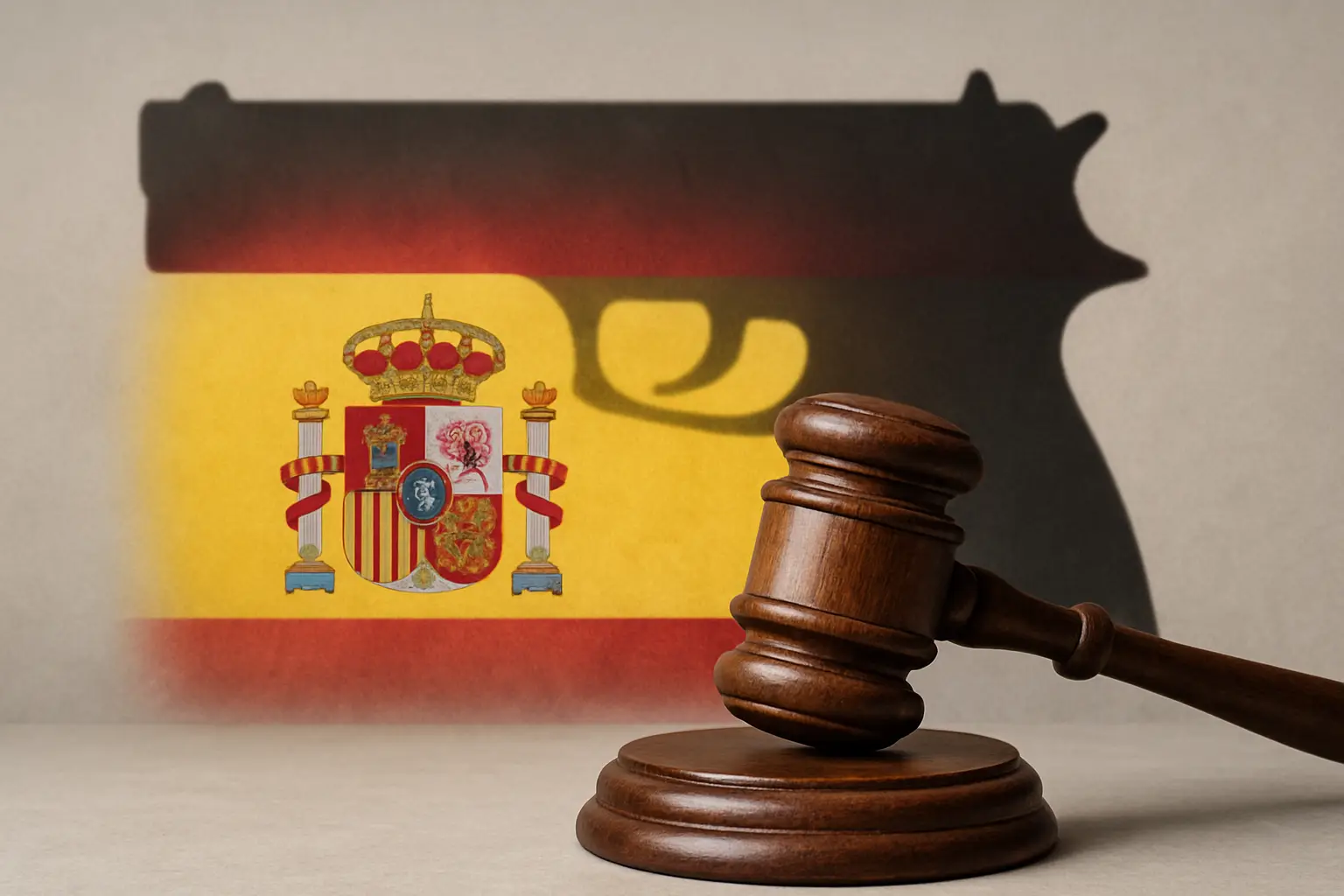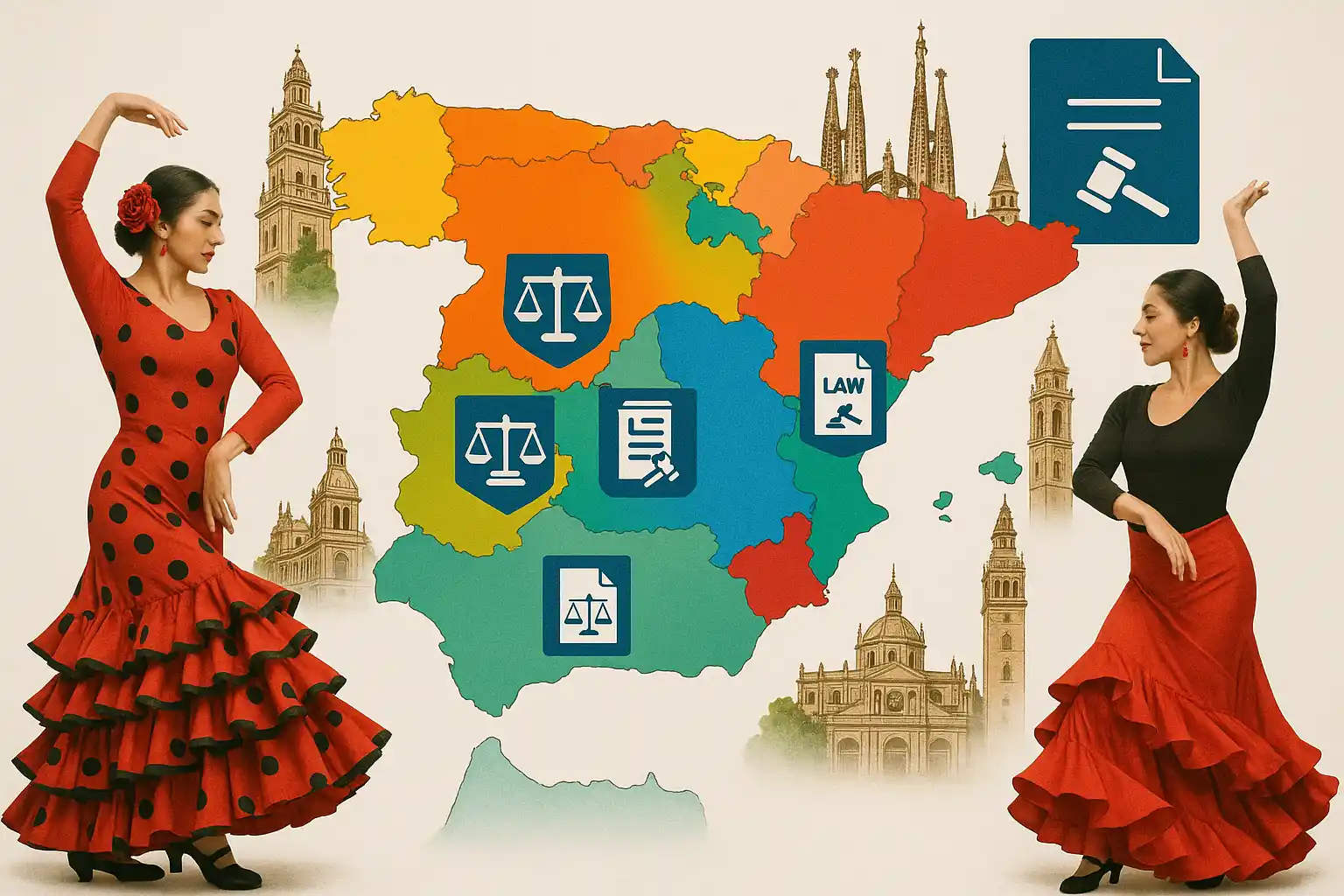Understanding the Difference Between a Visa and a Passport
When preparing for international travel, distinguishing between a visa and a passport is crucial. While they are both essential for traveling abroad, they serve distinct purposes. Understanding these differences can prevent confusion at border crossings and ensure a smooth travel experience.
In this section, we will explore the roles of visas and passports to understand their importance in international travel.
What Is a Passport?
A passport is an important official document issued by the government that serves as proof of identity and citizenship for travelers. Here’s what you need to know about passports:
1. Definition
A passport is an essential travel document that certifies the traveler’s identity and nationality. It typically includes information such as the holder’s photo, full name, birth date, and nationality.
2. Purpose
The primary role of a passport is to verify the traveler’s identity when crossing international borders. It serves as a crucial form of identification and citizenship proof when entering or exiting a country.
3. Key Information Contained
Passports contain essential personal details such as the traveler’s photograph, complete name, date of birth, and nationality. This information is crucial for immigration authorities to validate the traveler’s identity.
4. Necessity for Re-entry
A passport is indispensable for re-entering one’s home country after international travel. It acts as proof that the traveler is a citizen of that country and has the right to return.
Understanding the significance of passports in international travel is fundamental for ensuring smooth journeys and compliance with entry requirements in different countries.
What Is a Visa?
A visa is an official endorsement or stamp placed within a passport that grants permission to enter, stay, or leave a country. It serves as authorization from the destination country for foreign travelers to cross its borders.
Types of Visas
Different visas cater to various purposes such as tourist, student, work, and transit. For example:
- Tourist Visa: Allows leisure travel for a limited duration.
- Student Visa: Permits study in a foreign educational institution.
- Work Visa: Enables employment in the destination country.
- Transit Visa: Facilitates passage through a country en route to another destination.
Validity Periods and Entry Limitations
Visas have specific validity periods indicating when they are valid for use. Additionally, they may have restrictions on the number of entries allowed or the duration of stay per visit.
By understanding the nuances of visas and their role alongside passports, travelers can ensure smooth entry into their desired countries.
Key Differences Between Passport and Visa
1. Contrasting Functions
- A passport serves as identification of your nationality and personal identity.
- On the other hand, a visa authorizes your entry into another country for a specific purpose and duration.
2. Issuing Authorities
- Passports are issued by your home country’s government to its citizens.
- Visas, however, are issued by the government of the country you intend to visit.
3. Collaborative Role
- Passports and visas work in conjunction during international travel.
- While a passport establishes your identity at borders, a visa grants permission for entry into the destination country.
How Passports and Visas Work Together in Travel Planning
When preparing for international travel, understanding the travel documents required is essential. The passport and visa relationship plays a central role in this process.
1. Using a passport alone
Some countries have agreements allowing travelers to enter with just a valid passport. For example, many European Union citizens can travel freely between member states without needing visas due to the Schengen Area agreement.
2. When both passport and visa are needed
In most cases, travelers must present their passport along with a valid visa issued by the destination country. The visa acts as official permission to enter, stay, or work while the passport confirms identity and citizenship.
At border control, officials first verify your passport to establish who you are and where you come from. Then, they check for an appropriate visa when required. Without either document, entry may be denied.
Understanding how these documents interact helps prevent travel disruptions and ensures compliance with international entry requirements.
Specific Example: Navigating the Spanish Passport and Visa Process
Brief Overview of Spanish Passports
Spanish passports are issued to Spanish citizens for international travel. They contain essential information such as the individual’s photo, name, nationality, and birth date. If you’re interested in obtaining one, you might want to check out this guide on how to apply for Spanish citizenship which is a prerequisite for getting a passport.
Typical Visa Requirements for Entering Spain
The Spain visa application process varies based on the purpose of your visit. Here are some typical requirements:
- Work Visas: Required for individuals planning to work in Spain temporarily or permanently. Applicants may need a valid job offer from a Spanish employer.
- Student Visas: Necessary for students enrolled in educational programs in Spain. Applicants must provide proof of acceptance from a recognized institution.
Are Visas and Passports the Same?
It’s important to understand that visas and passports are not the same. Passports serve as proof of identity and citizenship, while visas grant permission to enter, stay, or leave a country. Both documents are essential for international travel but serve different purposes.
In addition, if you’re considering moving to Spain and obtaining citizenship, you might want to familiarize yourself with the legal aspects such as the Spain Pledge of Allegiance, which is part of the citizenship oath process.
Common Misconceptions About Passports and Visas Debunked
There are many misunderstandings regarding travel documents, especially when it comes to passports and visas. In this section, we’ll address some common questions and clarify the differences between these two essential documents.
Is a visa the same as a passport?
No, a visa is not the same as a passport. A passport is an official government document that verifies your identity and nationality, allowing you to travel internationally. On the other hand, a visa is an endorsement or permission granted by a foreign country that allows you to enter, stay, or work there for a specific period of time.
Can I travel with only one document?
It depends on your destination and the requirements of the country you plan to visit. In most cases, you will need both a valid passport and a visa to travel internationally. However, some countries have visa-free agreements with certain nations, allowing their citizens to enter without a visa for short stays. It’s important to research the entry requirements of your destination beforehand to ensure you have all the necessary documents.
When to Seek Professional Help with Visa or Passport Issues
While many visa and passport issues can be resolved independently, there are instances where seeking professional help becomes essential. Here are some situations where consulting an immigration lawyer can be beneficial:
1. Complex Cases
If your visa or passport application involves complex circumstances such as criminal records, previous immigration violations, or unique personal situations, it’s advisable to seek professional advice. An immigration lawyer can navigate through the intricacies of your case and provide tailored solutions.
2. Legal Assistance
In cases where legal action is required, having an experienced immigration lawyer by your side can make a significant difference. They can represent you in court, negotiate with authorities, and advocate for your rights effectively.
3. Streamlining Processes
Immigration processes can often be lengthy and bureaucratic. An immigration lawyer can help streamline these processes by ensuring that all necessary documents are prepared accurately and submitted on time. This can save you valuable time and avoid unnecessary complications.
4. Peace of Mind
Dealing with visa or passport issues can be stressful and overwhelming. Consulting an immigration lawyer provides peace of mind knowing that you have an expert guiding you through the process. They can answer your questions, address your concerns, and provide support at every step.
5. Avoiding Mistakes
Even minor mistakes in visa or passport applications can lead to delays or rejections. An immigration lawyer can review your application thoroughly, identify potential pitfalls, and ensure that everything is in order before submission.
In conclusion, while it’s possible to handle certain visa and passport issues on your own, there are situations where seeking professional help is crucial. Whether it’s due to complexity, legal requirements, or the need for efficiency, consulting an immigration lawyer can greatly enhance your chances of success.
Conclusion
Understanding the difference between visa and passport summary is essential for smooth international travel or relocation. A passport confirms your identity and nationality, while a visa grants permission to enter and stay in another country. Navigating these documents can be complex, especially with varying requirements across destinations.
Planning a trip or moving abroad?
Unsure about which visas you need or how to handle passport issues?
Seeking personalized legal guidance tailored to your situation?
Trust experts like NIM Immigration Lawyers to provide reliable, professional advice. Their deep knowledge of Spanish immigration law and commitment to client-focused service ensure your travel and relocation plans proceed without unnecessary complications. Whether you need assistance with obtaining a visa, resolving passport issues, or even applying for dual citizenship in Spain, NIM Immigration Lawyers are equipped to help. Reach out for expert support to make informed decisions confidently.

